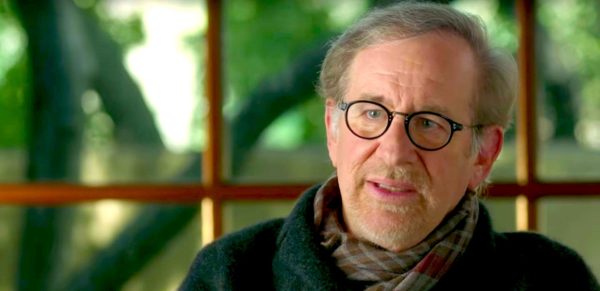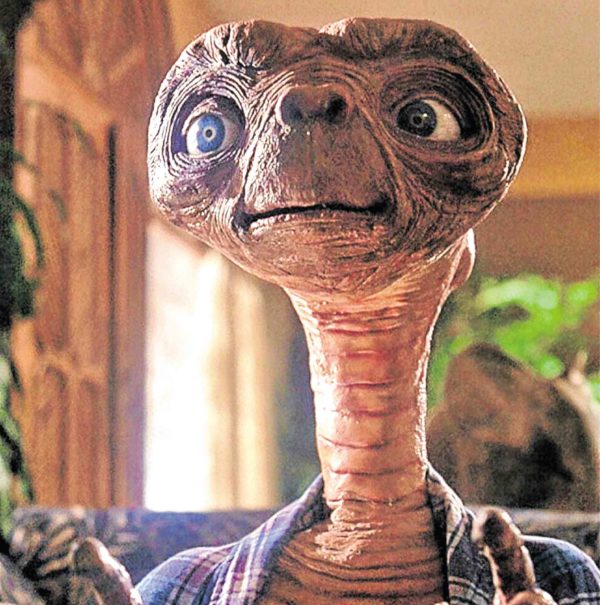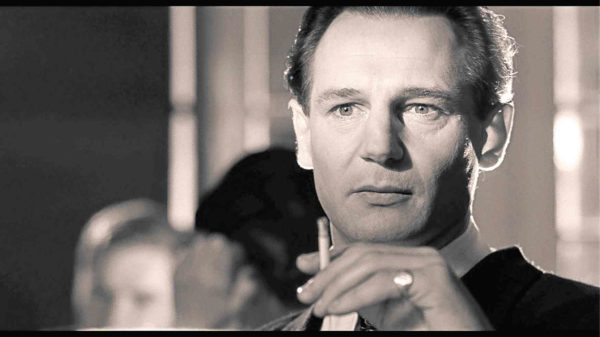Method to Steven Spielberg’s madness–and magic
Steven Spielberg was only 13 years old when he realized he wanted to pursue a career in filmmaking. But, at 16, he almost gave up on his dream when he saw David Lean’s “Lawrence of Arabia” and was blown away by its intimidating cinematic beauty and the daunting degree of difficulty it managed to hurdle with finesse and show-stopping flair.
For the young Jewish boy, “making movies” transported him to “realities” far away from his lonely existence in Phoenix, Arizona, where he was “bullied a lot” in school. Directing films mitigated his fears and insecurities, and he saw it as an opportunity to take control of his life.
The HBO documentary “Spielberg,” helmed by Susan Lacy and is being streamed on HBO Go, provides a clarificatory context and, with “insider testimonies” from the stellar likes of Tom Hanks, Daniel Day-Lewis, Oprah Winfrey, Liam Neeson, Drew Barrymore and Ralph Fiennes, a revelatory insight into the director’s brilliant mind.
He is the think tank behind such celluloid classics as “E.T. the Extra-Terrestrial,” “Close Encounters of the Third Kind,” the “Indiana Jones” series, “Jurassic Park,” “Schindler’s List,” “Saving Private Ryan” and “The Post.” The documentary is based on more than 30 hours of interviews with Spielberg, his family and friends.
Success wasn’t handed to Spielberg on a silver platter—until “Jaws,” about a murderous white shark on the loose, came along.
Article continues after this advertisementThe 1975 underwater thriller, predicted by Hollywood insiders to implode at the box office, banked on its director’s innate ability to entertain and, with its unexpected success, became Spielberg’s free pass into his future. It is dubbed “the first summer blockbuster” by many film historians.
Article continues after this advertisementSpielberg’s insecurities became stumbling blocks he had to overcome: He tried to get into the USC (University of Southern California) film school, but his grades were not good enough.
More pressing issues
But, there were more pressing issues closer to home: His mom, Leah, fell desperately in love with Bernie Adler, the best friend of his absentee father, Arnold!
The painful estrangement led the younger Spielberg to block his dad out of his life for 15 years, after which he belatedly learned that it was in fact his “emotionally fragile” mother’s decision to break up with his workaholic dad. (They sit beside each other in the docu.)
As a filmmaker, Spielberg’s talent was easy to see—in fact, he was so promising that the first SAG (Screen Actors’ Guild) member he was tasked to direct was movie queen Joan Crawford, for an episode of the TV series “Night Gallery,” in 1969.
Spielberg quickly endeared himself to Tinseltown’s “big directors’ club,” which included Martin Scorsese, Francis Ford Coppola, George Lucas and Brian De Palma, who became his bosom buddies.
For 1974’s “Sugarland Express,” his first big-screen project, revered film critic Pauline Kael likened his “instinctive,” crowd-pleasing talent to that of Howard Hawks’ (“Gentlemen Prefer Blondes,” “Bringing Up Baby,” “His Girl Friday”). By letting his insecurities bleed over to his films, Spielberg made clever use of his “progressive” ideas to exorcise his inner demons.
He knew how to suspend disbelief and elicit emotions using the language of cinema. But, while he was noted for his yarn-spinning and suspense-generating skills, it took Spielberg some time to prove that there was more to him than escapist spectacle—as his showy attempts to evince growth tried to prove.
‘Disneyfied’ story
For “The Color Purple,” for example, the critics were impressed by Spielberg’s depiction of a matriarchal world in the face of patriarchal repression and violence, but were more than underwhelmed by his decision to dilute and “Disneyfy” the story’s gritty take on sexuality and lesbianism.
“Empire of the Sun,” a movie about the horrors of war and growing up too quickly, also generated mixed reviews, weighed down by its angst-leavening sentimentality.
It took the director’s experience shooting “Schindler’s List,” where he won his first best director Oscar, to realize that there are things you can’t “prettify”—like the murder of six million Jews during the Holocaust in the ’40s.
It was at this point in Spielberg’s career that truth began to upstage make-believe. The searing drama had Spielberg firing on all cylinders, realizing that “if you soften a shocking situation with sentiment, you lessen its blow.”
As Daniel Craig succinctly noted (to discuss his participation in “Munich”): “Life isn’t a James Bond film. [And] history is its own reminder of how bad things can get.”
But, outstanding as “Schindler’s List” was as a film, some of Spielberg’s exceptional actors had polarizing things to say about his methodology.
Take Fiennes, who portrayed brutal Nazi leader Amon Goeth. He found the director’s approach “more instinctive than intellectual.”
For his part, Neeson, who played Oskar Schindler, complained to coactor Ben Kingsley about Spielberg’s practice of “orchestrating” and “manipulating” his lead actors’ every move and making him feel like a marionette.
Kingsley’s “explanation” somehow gave Neeson a measure of comfort: “Just imagine Spielberg as a great conductor who needs a great soloist [to execute his ideas].”
That, in a nutshell, is the method to Spielberg’s madness—and magic!



